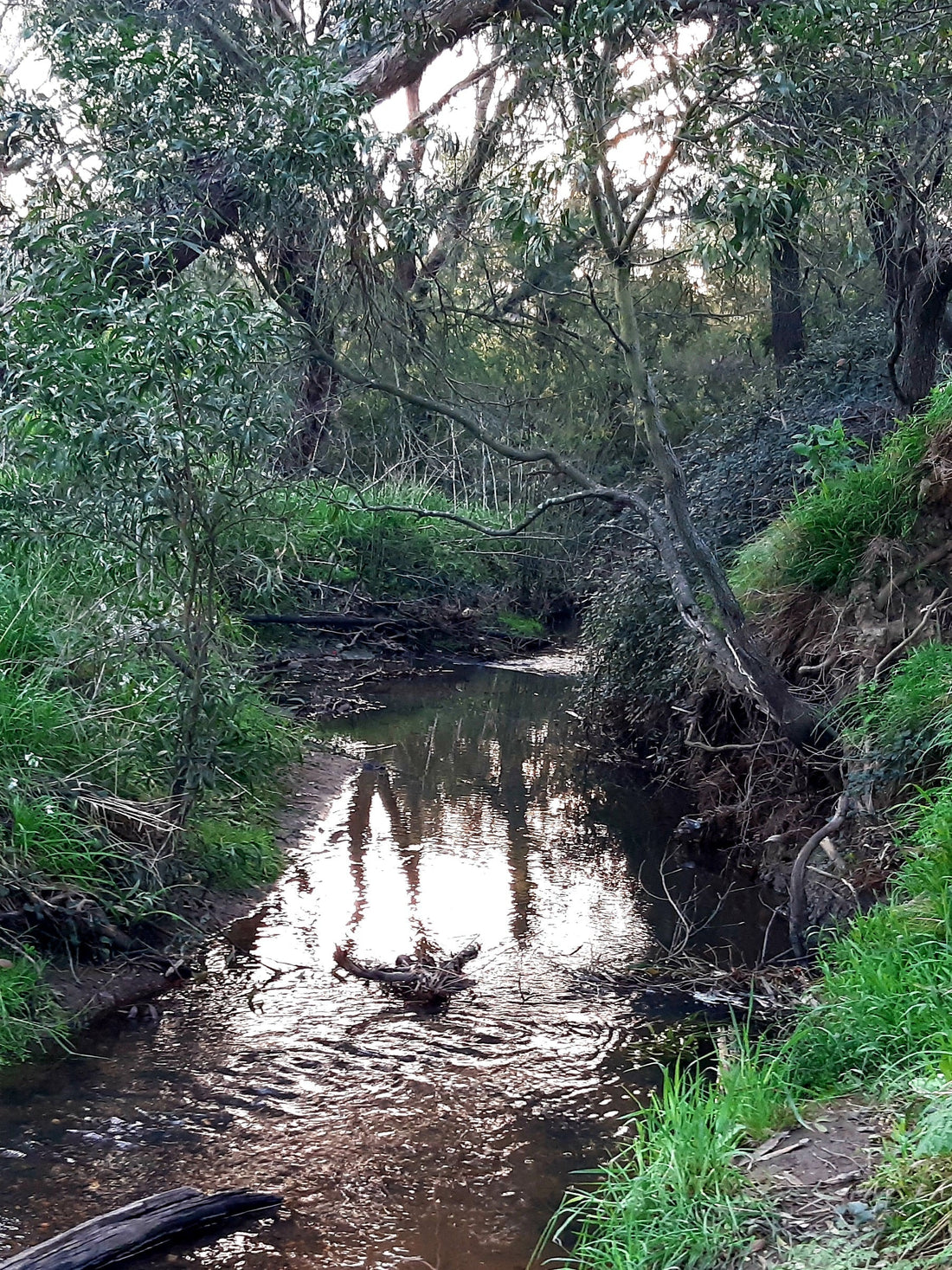
The Man who Lost his Horse - A True Story of the Ballarat Gold Rush
Share
It was 1849, and Will had made up his mind to quit his job in Liverpool, leave Lancashire altogether, and go on an adventure. He was 24 years old, a schoolteacher by profession, and had it on good authority that there was demand for his type in the fledging colonies of Australia. But on his arrival in Melbourne in the April of 1850, Will discovered that he had been misinformed. So, he donned the blue shirt instead and took up the first manual job that was offered.
In this new part of the world, Will would find himself in a variety of occupations: wood splitting, building, blacksmithing, mining, farming, and shopkeeping. Once, while a storekeeper at Benalla, three bushrangers held him up at gunpoint. When the police arrived, they were not much help, charging him not only with selling sly grog, but with harbouring the very bushrangers that had held him up! But it was in 1851 that Will played a part in events that would change the course of Australia's history.
Black Thursday, 6th of February 1851. On this day, the mercury climbed to 47°C. The summer of 1850-51 had been exceptionally hot and dry, and when a couple of bullock drovers left some burning logs unattended in the Plenty Ranges, the surrounding dry grass ignited. Hot winds swept the colony ‘with the violence of a tornado,’ and at the end of it all 50,000 square kilometres – a quarter of Victoria – was left a charred and desolate ruin. Twelve lives were lost. Thousands of cattle perished, along with untold numbers of native wildlife, and the new wool capital of the world lost a million sheep.
The intense heat was felt in the Bass Strait, where the thick, black haze reached as far as Tasmania. Over 30 kilometres out to sea, one ship came under burning ember attack, and was covered in cinders and dust. Many of the brand-new colony’s citizens lost everything, and in the aftermath of this tragedy, Will joined in with the work to rebuild. Acts of kindness and generosity flowed from the small population, and in many cases debtors who had lost everything in the fire had their debts cancelled. The work went on for months, and that winter found Will rebuilding a men’s hut on the burnt-out property of Mr Gray at Nareeb Nareeb in the Western District.

It was while working at Gray’s sheep station that Will heard from visitors the first rumours of the discovery of gold in the colony. Squatters and shepherds had been secretly finding gold for years and keeping it to themselves, but at the ‘ancient village’ of Buninyong (a town whose post office was a venerable six years old) the local village blacksmith, Thomas Hiscock, not only found some of the coveted metal, but officially reported where he found it. Thus began Victoria’s first gold rush, to Buninyong.
By the time Will got to Buninyong, the rush was already over and the few remaining people, disgusted with the insignificant specks of gold they had to show, were in the process of selling their outfits and moving out. Will put up at the hotel in town, and there he met a newspaper reporter from Geelong. The reporter let slip a rumour that was circulating of another place, not very far distant, where fossickers were finding worthwhile amounts of gold.
The exact locality was being held strictly secret, so they both resolved to scour the bush on horseback the following day in search of this new find. Succeeding in their search, they found a company of about twenty diggers, including the original discoverers of gold in Ballarat, John Dunlop and James Regan. Imagine the diggers' dismay to find out that Will's companion was none other than Alfred Clarke, from the Geelong Advertiser! Regan is said to have remarked that he would rather have seen the devil himself, and they all watched as Clarke galloped off to inform the world of their secret.
Meanwhile, Will watched the diggers pick out specks of gold by scratching up dirt and washing it in a tin dish, and when he began to do the same they advised him to move along and find his own place. The diggers considered the gold to be confined to this immediate location, and they were barring any newcomers from entering their ground on pain of ‘serious consequences’. So, Will moved on alone, striking in on the other side of the hill which, not being so rich, had been called ‘Poverty Point’. Like Dunlop and Regan, who had already found some gold there only a few days earlier, he didn't find much. The place where the diggers had turned Will away, on the other hand, later became immortalised as ‘Golden Point’, a goldfield rich beyond belief, and the suburb where the famed Sovereign Hill now stands.
For Will, more bad luck was to follow. Each day, he would tether his horse to a nearby tree, and pan in hand, go fossicking. After just a few days of doing this, however, he returned from his gold-seeking to find that a piece of rope attached to the tree was the only indication of his horse having ever been there. Alas! He fruitlessly scoured the surrounding bushland looking for his horse, trying other places for gold as he went.

It was now early spring. Still no horse; it was gone for good. The weather had been wet and miserable, and Will noted that at least there was no scarcity of water in the Yarrowee River. Then one day, about four miles from Dunlop and Regan’s party at Golden Point, near a bend in the Yarrowee that had been used for years as a summer waterhole by squatters with their sheep and cattle, he struck gold. Before long, word got out of the discovery of a beautiful 11-ounce nugget, perfectly smooth and square, ‘as if moulded by art,’ and dozens of diggers flocked to the scene and set up camp. Within a month the tents numbered a hundred. Will’s diggings received a visit from Governor Latrobe, accompanied by Captain Dana and his constabulary of Aboriginal police, and Will showed the Governor himself his method of finding gold, to which the Governor exclaimed, ‘Your mother did not think when you came to Australia that you were going to dig gold out of the ground in that manner!’
In an effort to halt a mass exodus of people to the newly discovered goldfields of New South Wales and California prior to the discovery of gold in Victoria, the Victorian Government had offered eye-watering sums of money as a reward to anyone who discovered a new goldfield. The strategy worked, and the goldfields of Victoria proved to be richer than them all. But Will later expressed disappointment that he was never offered so much as a shilling in reward for his own discovery, his repeated applications rejected on the grounds that his discovery was too near other existing diggings.
Who was Will? He was William Brownbill, first pioneer of the Brownbill diggings. Perhaps he’d be more famous today if it wasn’t for the unfortunate administrative corruption of the name of his goldfield from ‘Brownbill’ to ‘Brown Hill’. Following his discovery, gold continued to be mined out of Brown Hill for over 80 years.
Today, from my garden on the Brown Hill flat, I am completely surrounded by what was once the Brownbill diggings. Sometimes I look around and try to imagine the landscape of 170 years ago, pockmarked all over with mineshafts; times of fortune and tragedy, when stupendous wealth was brought up from beneath our feet. While I have never found any gold in my own garden (those diggers were much too thorough!), I did once dig up a goldrush-era copper half-penny; a reminder to me of the early settlers, and of the man who lost his horse.
References:
The Argus, Melbourne, 11th October 1851.
The Star, Ballarat, 6th September 1856.
The Herald, Melbourne, 23rd July 1864.
Letter from William Brownbill to Graham Berry, 6th November 1880.
Letter from William Brownbill to James Oddie, 29th May 1884.
W.B. Withers, History of Ballarat, 1887.
Letter from William Brownbill to James Oddie, 5th September 1904.
The Ballarat Star, 27th September 1904.
Obituary in The Inglewood Advertiser, 10th September 1911.
Article on William Brownbill from The Ballarat Courier (20th century, date unknown, cut out and stored in the Local History Archives, Ballarat).

1 comment
Thanks for sharing this piece of Ballarat’s past. Brownbill’s story is one I hadn’t heard before.